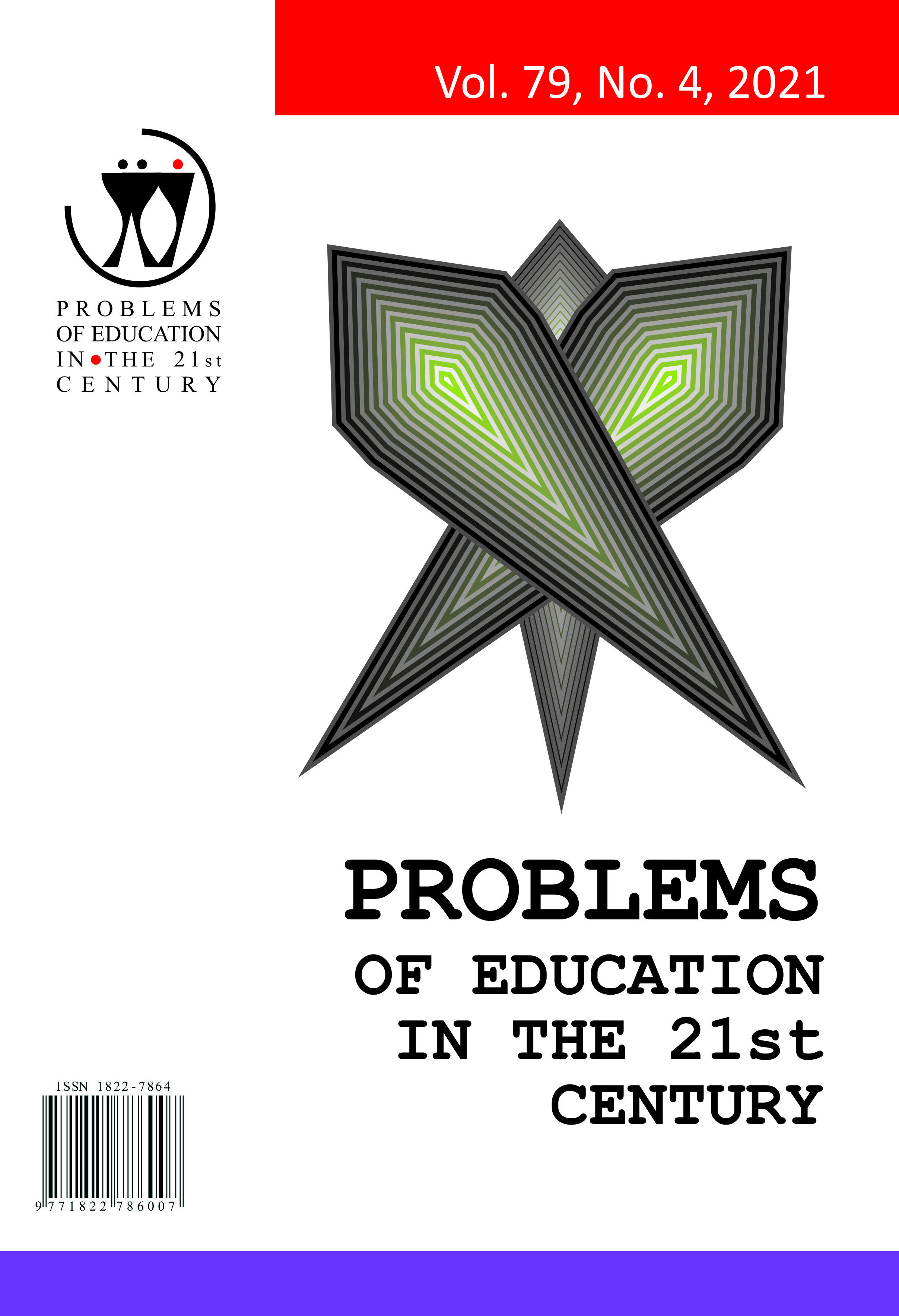TEXTILE LITERACY OF NINTH-GRADE STUDENTS IN THE CONTEXT OF SUSTAINABLE DEVELOPMENT
TEXTILE LITERACY OF NINTH-GRADE STUDENTS IN THE CONTEXT OF SUSTAINABLE DEVELOPMENT
Author(s): Barbara Zaman, Francka Lovšin KozinaSubject(s): Social Sciences, Education, School education, Pedagogy
Published by: Scientia Socialis, UAB
Keywords: active learning strategies; cross-curricular integration; ninth-graders; sustainable development and textile literacy;
Summary/Abstract: Today’s world is facing a problem with the growth of textile products and in particular, textile waste, which already represents a serious environmental problem. From the point of view of ensuring sustainable handling of textile products, it is thus very important that individuals have the appropriate knowledge, attitudes and skills for sustainable handling of textile products or that they are properly ‘textile literate’. After all, appropriate textile literacy enables individuals to act according to the concept of sustainable development. The purpose of this research, which included 80 students from three Slovenian schools, who had completed their lower secondary education in the 2018/2019 school year, was to find out what their basic textile knowledge was and how they transferred it into their daily lives. Ninth graders were found to be deficient in basic textile skills, with girls having statistically significant better knowledge than boys. The girls were also statistically significantly better at recognising the connection between the acquired knowledge and everyday life and achieved a better result in terms of sustainable handling of textile products. The research findings can help teachers to be aware of the critical points in textile teaching in the context of sustainable development. The results also suggest that the current placement of textile content in the fifth grade, without further upgrading of the content in higher grades is not optimal. Most of the surveyed students had high grades in the fifth grade, but knowledge that is vital from the point of view of the sustainable behaviour of an individual is low in the ninth grade. These results can provide useful information for school policy makers who want to follow modern concepts of sustainable development.
Journal: Problems of Education in the 21st Century
- Issue Year: 79/2021
- Issue No: 4
- Page Range: 674-685
- Page Count: 12
- Language: English

